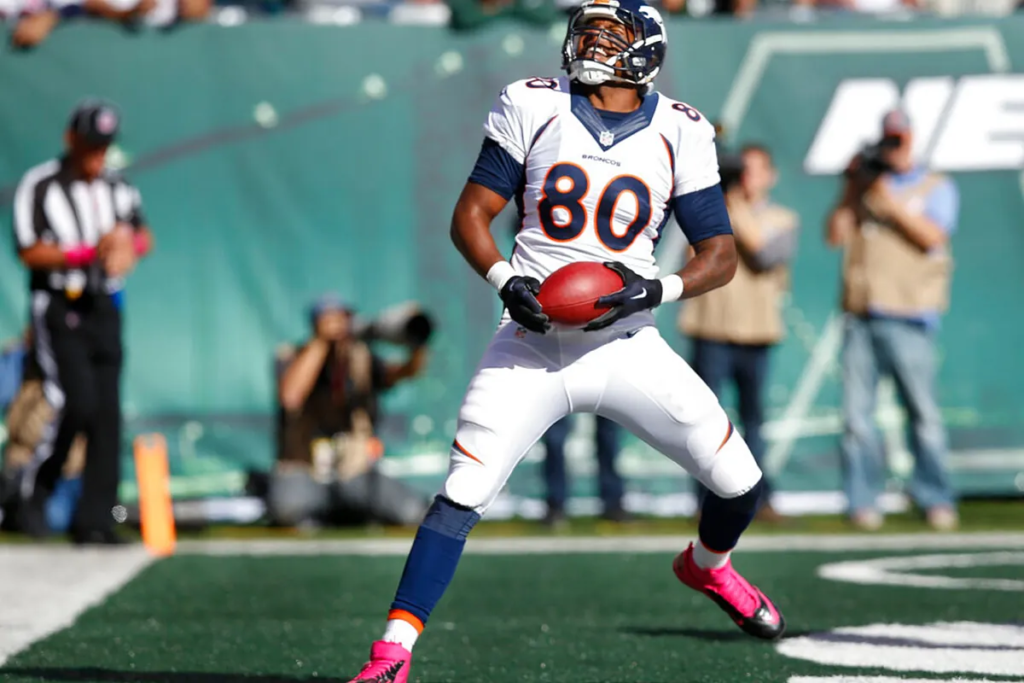During his time in the NFL, Julius Thomas was a player who constantly questioned what was happening around him-whether it was the coaches’ play-calling, the type of training on the field, or why a certain offensive scheme had to be run in one way or another. What was really behind all those decisions?
The former tight end, who played for the Denver Broncos, Jacksonville Jaguars, and Miami Dolphins between 2011 and 2017 and was selected to the Pro Bowl twice, recalls seeking clarity from his coaches regarding these doubts. But the answers were rarely satisfying. More often than not, he was told he was paid to play-not to think.
After repeatedly receiving the same dismissive response that shut down any possibility of real dialogue with the coaching staff, Thomas made the decision to walk away from football and pursue a different passion-a career that would allow him to think deeply and meaningfully: clinical psychology.
A new life after the NFL for Julius Thomas
Once one of Peyton Manning’s favorite targets in Denver and a prominent name in professional football, Thomas knew the time had come to retire from the gridiron.
In 2018, he enrolled at Nova Southeastern University in Florida. This marked the beginning of a new chapter in his life-one rooted in behavioral neuroscience. He contributed to a study on chronic traumatic encephalopathy (CTE), founded a high-performance and wellness company, and earlier this month, earned a doctorate in clinical psychology. A remarkable achievement for someone who always sought to understand the world around him more deeply.
His physical presence, which once defined him on the field, still makes an impression today-but now it’s matched by his intellectual presence. Standing 1.96 meters tall, Thomas is just as memorable to his professors for his insights as for his stature.
That was the hardest part of being an athlete for me: I felt like my real talent was mental, but I wasn’t able to show it, and I wasn’t able to develop that side of who I was,”
“It’s really cool to be able to have the (psychology) degrees and the training, to show that I have that side of me, too.
Thomas said a national newspaper.
Though he graduated this year, his academic work won’t be officially complete until he finishes a one-year clinical residency at the Psychology Services Center of Nova Southeastern in September. So far, the former NFL player has logged 2,000 hours of clinical practice, treating patients ranging in age from 10 to 71 and even teaching courses.
I’ve got to get some great perspective that I never could’ve imagined having,”
“Going from being around millionaires and billionaires to serving people in community mental health clinics that can only afford $10 for a session or sometimes no money at all. Getting to see that juxtaposition in peoples’ lifestyles and their challenges, but then getting to see the commonality, right?
It doesn’t matter what you have, it doesn’t matter what you’ve earned. The experiences mentally and emotionally can be challenging.
-Thomas told the national newspaper.
Read the full article here

